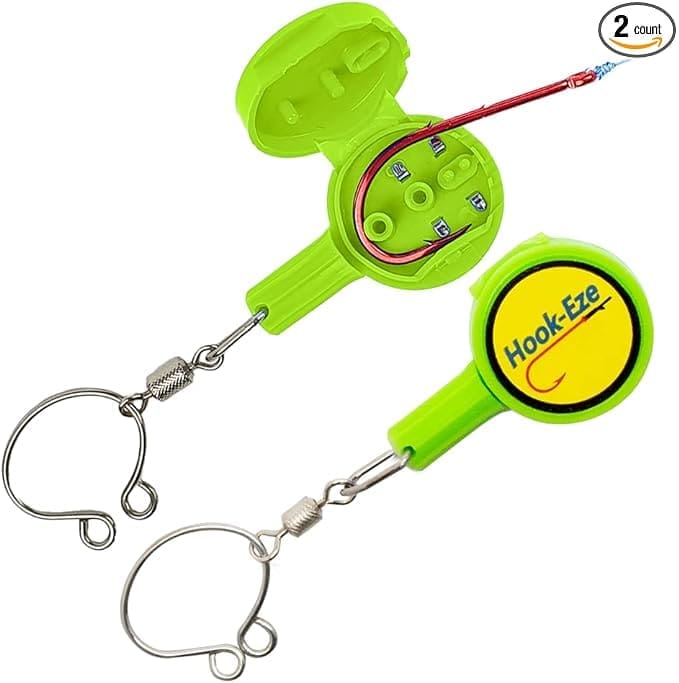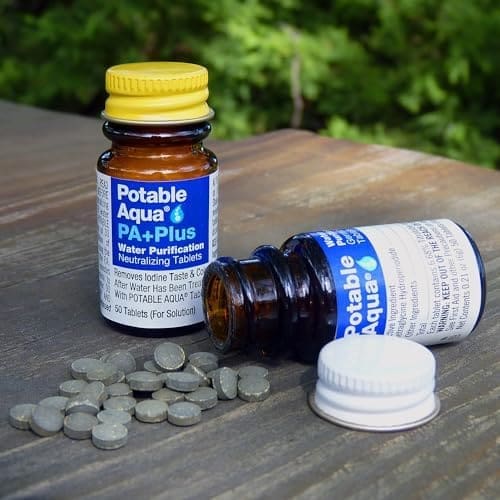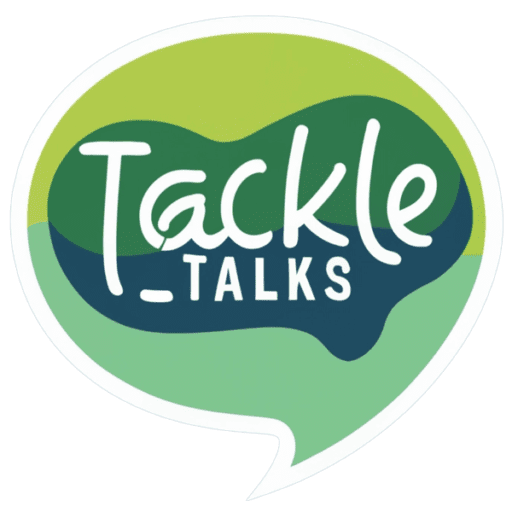

Fishing in Pennsylvania is a beloved pastime, but before you cast your line, it’s essential to know the rules. One of the most crucial regulations? Having a proper fishing license. This guide covers everything you need to know about fishing licenses in Pennsylvania, from costs to types, and even the fines for fishing without a license.
Table of Contents
Fishing licenses serve multiple purposes:
Pennsylvania offers a variety of license options for both residents and non-residents.
| Type of License | Cost | Age Requirement |
|---|---|---|
| Annual Resident License | $27.97 | 16-64 |
| Senior Resident Annual License | $14.47 | 65 and up |
| Senior Resident Lifetime License | $86.97 | 65 and up |
| Type of License | Cost | Age Requirement |
|---|---|---|
| Annual Non-Resident License | $60.97 | 16 and up |
| Non-Resident PA Student License | $27.97 | 16 and up |
| 1-Day Non-Resident License | $14.47 | 16 and up |
| 3-Day Non-Resident License | $31.97 | 16 and up |
| 7-Day Non-Resident License | $31.97 | 16 and up |
| Type of Permit | Cost |
|---|---|
| Trout Permit | $14.97 |
| Lake Erie Permit | $9.97 |
| Combination Trout-Salmon/Lake Erie Permit | $20.97 |
The 2024 fishing license prices will see a slight increase compared to 2023:
All other license and permit prices will remain the same in 2024.
Fishing without a license carries a fine of not less than $20 nor more than $50 per fish taken. There is an additional penalty equal to two times the cost of the required license or permit that the person was required to possess. No changes have been made to the fine structure.
Pennsylvania offers a Disabled Veterans Reduced Resident License for $2.97. To qualify, veterans must provide proof of a service-connected disability. There are no recent changes to the requirements for this special license.
Pennsylvania offers “Fish for Free” days on the final Sunday in May and July 4th each year. On these days, a fishing license is not required to fish in Pennsylvania’s waterways.
Fishing licenses can be purchased:
This video provides insights into fishing regulations and practices in Pennsylvania. The content delves into the intricacies of the state’s fishing laws, emphasizing their importance for both the environment and anglers. Viewers will gain a deeper understanding of the rules and their implications for local ecosystems:
Yes, if you’re 16 years or older, you need a fishing license in Pennsylvania to fish legally. Failure to comply could result in a fine.
The price of a fishing license in Pennsylvania varies based on residency and age. For example, an annual fishing license for a resident costs $27.97, while the cost for non-residents is $60.97.
A senior annual fishing license in Pennsylvania costs $14.47. There’s also a senior lifetime fishing license available for $86.97.
The minimum age for a fishing license in Pennsylvania is 16 years old.
No, 15-year-olds do not need a fishing license in Pennsylvania. The requirement kicks in at age 16.
You can purchase a fishing license in Pennsylvania either online through the HuntFish.PA.gov website, by phone at 877-707-4085, or in-person at over 700 license-issuing agents, including county treasurer offices and PFBC offices.
To get a fishing license in Pennsylvania, you’ll need a valid form of ID and payment for the license fee, which varies based on your age and residency.
For non-residents, an annual fishing license in Pennsylvania costs $60.97. There are also 7-day and 3-day tourist fishing licenses available for $31.97 each.
You need a fishing license in Pennsylvania if you’re 16 years or older. However, the state occasionally offers “Fish for Free” days when a license is not required.
To fish for trout in Pennsylvania, you’ll need a Trout Permit in addition to your regular fishing license. The permit costs $14.97.
The fine for fishing without a license in Pennsylvania ranges from $20 to $50 per fish taken, plus an additional penalty equal to two times the cost of the required license or permit.
A senior lifetime fishing license in Pennsylvania costs $86.97 for residents aged 65 and up.
You can purchase a senior lifetime fishing license in Pennsylvania once you reach the age of 65.
Yes, you do need a license to sell fishing worms in Pennsylvania. This is regulated by the Pennsylvania Department of Agriculture.
A trout license, or Trout Permit, is required to protect the trout population and their habitats in Pennsylvania.
The fine for fishing without a license in Pennsylvania ranges from $20 to $50 per fish taken, plus an additional penalty equal to two times the cost of the required license or permit.
Yes, Pennsylvania offers lifetime fishing licenses for people with disabilities. Specific qualifications and documentation are required.
An annual fishing license for out-of-state residents costs $60.97. There are also options for 7-day and 3-day licenses at $31.97 each.
How useful was this post?
Average rating 4.9 / 5. Vote count: 832
Be the first to rate this post.
 EZE Fishing Knot Tying Tool" width="" height="" />
EZE Fishing Knot Tying Tool" width="" height="" />


This post may contain affiliate links. If you purchase through these links, we may earn a commission.

To provide the best experiences, we use technologies like cookies to store and/or access device information. Consenting to these technologies will allow us to process data such as browsing behavior or unique IDs on this site. Not consenting or withdrawing consent, may adversely affect certain features and functions.
Functional Functional Always activeThe technical storage or access is strictly necessary for the legitimate purpose of enabling the use of a specific service explicitly requested by the subscriber or user, or for the sole purpose of carrying out the transmission of a communication over an electronic communications network.
Preferences PreferencesThe technical storage or access is necessary for the legitimate purpose of storing preferences that are not requested by the subscriber or user.
Statistics StatisticsThe technical storage or access that is used exclusively for statistical purposes. The technical storage or access that is used exclusively for anonymous statistical purposes. Without a subpoena, voluntary compliance on the part of your Internet Service Provider, or additional records from a third party, information stored or retrieved for this purpose alone cannot usually be used to identify you.
Marketing MarketingThe technical storage or access is required to create user profiles to send advertising, or to track the user on a website or across several websites for similar marketing purposes.